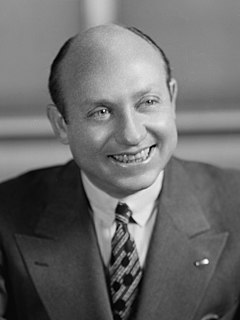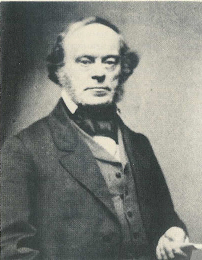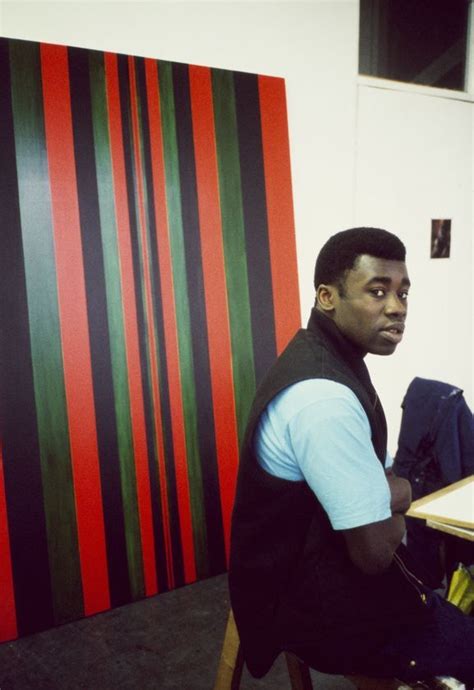Цитата Жана де ла Брюйера
Есть только три события, которые касаются человека: рождение, жизнь и смерть. Они не осознают своего рождения, страдают, когда умирают, и пренебрегают жизнью.
Связанные цитаты
Рождение ведет к смерти, смерть предшествует рождению. Итак, если вы хотите увидеть жизнь такой, какая она есть на самом деле, она с обеих сторон окружена смертью. Смерть — это начало, и смерть — это снова конец, а жизнь — всего лишь иллюзия между ними. Вы чувствуете себя живым между двумя смертями; проход, соединяющий одну смерть с другой, вы называете жизнью. Будда говорит, что это не жизнь. Эта жизнь — дуккха — страдание. Эта жизнь есть смерть.
Всякая смерть в природе есть рождение, и в момент смерти зримо появляется зарождение жизни. В природе нет умирающего начала, ибо природа во всем есть несмешанная жизнь, которая, скрытая за старым, начинается снова и развивается. Смерть, как и рождение, просто в себе, чтобы все ярче и подобнее себе представляться.
Нам не остается ничего, кроме смерти, неумолимого факта нашей собственной смертности. Смерть после продолжительной болезни мы можем принять со смирением. Даже случайную смерть мы можем приписать судьбе. Но смерть человека без видимой причины, смерть человека просто потому, что он человек, настолько приближает нас к невидимой границе между жизнью и смертью, что мы уже не знаем, на чьей мы стороне. Жизнь становится смертью, и как будто эта смерть все время владела этой жизнью. Смерть без предупреждения. То есть: жизнь останавливается. И может остановиться в любой момент.





































